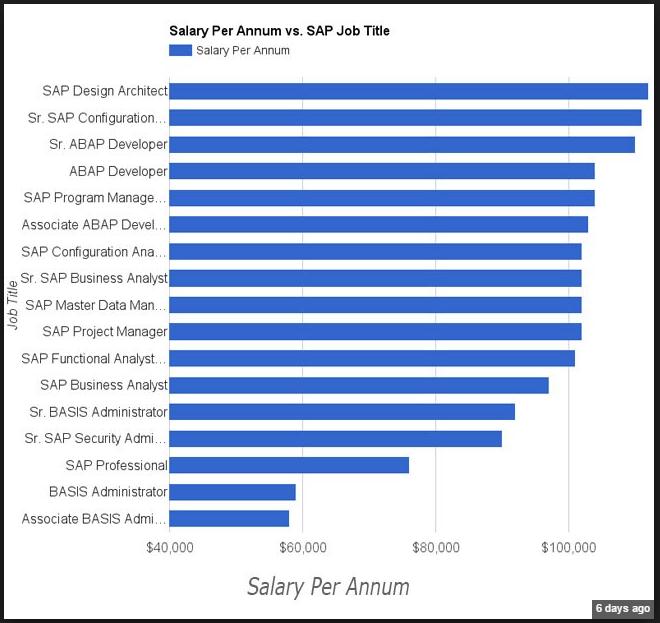
Strategy consultancies are firms that specialize in strategy consulting. They can assist companies in improving their performance and meeting their deadlines. These consultancies are typically divided into two types: pure-play firms and consulting firms with a large strategy practice. Mckinsey & Company and Boston Consulting Group are examples of pure-play companies. Accenture (Capgemini), L.E.K., and other consulting firms have large strategy practice. Consulting, and OC&C Strategy.
Values of strategy consulting
Strategy consulting is an essential part of any management plan. It offers a broad range of services that can be tailored to help solve specific problems. The strategy consulting firm works closely with the company's top executives to determine the most important strategic projects and prioritise them. They then implement the plans to maximize shareholder value and promote business growth.

To be able to help clients effectively, a strategy consultant should have a wide range of skills. They must be organized, possess strong judgment, and have the ability to explain the reasoning behind their advice. A strategy consultant must be able to solve problems and gather vast amounts of information. Strategists must be able produce accurate results.
Strategists must spend significant time with clients and their teams, as well as communicating with other employees of the client company. They must also be able to write proposals and present to different stakeholders. They must also be flexible and able to adapt to changing circumstances.
Values of small boutiques
Super boutiques are an excellent way to quickly scale and get the most from your strategy consulting. These boutiques combine strategic and technical expertise to develop specialized engagements that can be used by a wide range of clients. They are also able to give their employees the creative and collaborative space they need to think big and execute like startups. They still have plenty to do.
Knowing your competition is the key to being a profitable boutique strategy consulting company. While a Fortune 500 firm may have the financial resources and the clout to deliver on its promise, a boutique consulting firm must be able to stand out from its competition. This means staying up to date with the latest practices and innovations of your competitors.

Another major difference between a small boutique and a large MBB is the level of specialization. A boutique firm will be less demanding and more focused than a Big4. It will have a greater flexibility in the hiring process and you can expect work on smaller, more niche projects.
FAQ
What is the real value of consulting?
Consulting is more than a job that allows you to quickly make money.
Consulting offers many opportunities in project management as well as business development, strategy and training. Projects could include small start-ups or large international corporations.
You can develop your skills and gain experience in a variety of industries by consulting. This could include learning to manage teams and write proposals, manage finances, analyze data, create presentations and conduct market research.
Is it possible that a consultant business can be started from home?
Absolutely! In fact, many consultants already do exactly this.
Many freelancers work remotely via tools such as Skype, Trello and Basecamp. They often create their own office space so they don't miss out on company perks.
Freelancers might prefer to work in libraries or cafés, rather than traditional offices.
Some choose to work remotely because they are surrounded by their family.
Although working from home is a great option, there are some downsides. It's worth looking into if your job is fulfilling.
What industries employ consultants?
There are many types of consultants. Many consultants specialize in a particular type of business. Others may be more focused on multiple types.
Some consultants are limited to working for private corporations, while others can represent large corporations.
Some consultants are available to help businesses around the world.
What should I expect from my consultant
Within a few days of selecting your consultant, you can expect to hear back. They will usually ask for information about your company, including its mission, goals, products, services, budget, etc. They will then send you a proposal that outlines the scope of work and estimates timeframe, fees, deliverables, milestones and other details.
If everything is in order, then the parties will enter into a written contract. The type of relationship between the parties (e.g., employee-employer, independent contractor-employer) will affect the terms of any contract.
If everything goes as planned, the consultant may begin to work immediately. S/he will have access to your internal documents and resources, and you'll have access to his/her skills and knowledge.
But don't assume that anyone who is a consultant has all the answers. It takes practice, effort and practice in order to be an expert in any area you consult. Don't expect your consultant know everything about your company.
What is the secret to modern consulting?
The first consultants were accountants that helped companies manage finances. Their skills in managing financial information led to them being called "accounting consultant". They soon expanded their roles into other areas like human resources management.
The French word for advice, "consultant", was originally used to describe someone who could advise on the management of an organization. Even today, many business owners still use "consultant" when referring to professional advisors.
How long does it take to become a consultant?
It depends on the industry and your background. People start work with a few weeks before they find employment.
Some consultants, however, spend many years perfecting their skills before they find work.
Statistics
- WHY choose me: Why your ideal client should choose you (ex: 10 years of experience and 6-week program has helped over 20 clients boost their sales by an average of 33% in 6 months). (consultingsuccess.com)
- Over 62% of consultants were dissatisfied with their former jobs before starting their consulting business. (consultingsuccess.com)
- According to statistics from the ONS, the UK has around 300,000 consultants, of which around 63,000 professionals work as management consultants. (consultancy.uk)
- So, if you help your clients increase their sales by 33%, then use a word like “revolution” instead of “increase.” (consultingsuccess.com)
- "From there, I told them my rates were going up 25%, this is the new hourly rate, and every single one of them said 'done, fine.' (nerdwallet.com)
External Links
How To
What's a typical day like for a Consultant?
Depending on what type of work you do, your typical day may vary. You'll spend your time researching new ideas and meeting clients.
Meetings are a common way to discuss problems and issues with clients. These meetings may be over the phone via email, on-line, or face-to–face.
Also, proposals are documents that outline your ideas or plans for clients. You'll need to discuss your proposals with a mentor, colleague, or friend before you present them.
After all the planning and preparation, you will have to produce some content. You could write articles, design websites, edit photos or conduct interviews.
Depending on your project's scope, it may be necessary to do research to get relevant statistics. For example, you may need to find out how many customers you have and whether they are buying more than one product or service.
Once you have gathered enough information, it's time to present your findings to clients. You can present your findings verbally or in writing.
After the initial consultation, it is important to follow up with clients. You could phone them occasionally to check on things or send an email asking them to confirm that you have received their proposal.
While this can be a slow process, it's essential to remain focused and maintain good working relationships with clients.